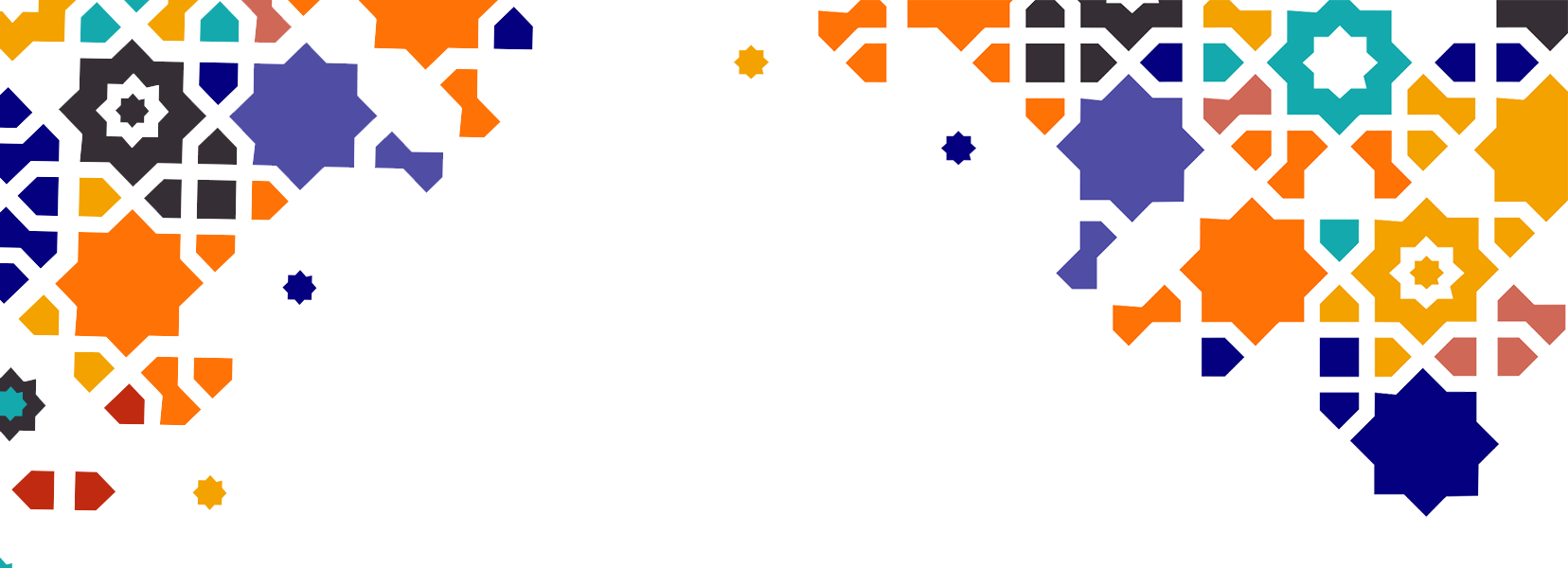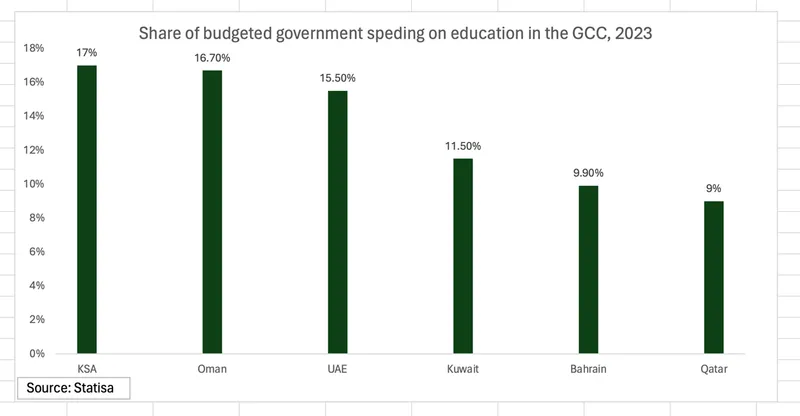
The emergence of Gulf higher education institutions as world leaders
In the last few years more funds and resources are being invested, which is reflected in the international rankings and reputation of the Gulf academic institutions. Saudi Arabia and the UAE continuing to be regional leaders in higher education as they attract more talented people interested in pursuing higher education abroad.

Eighty-four universities from fifteen Arab nations were ranked in the QS World University Rankings for 2024 last year. With the release of the QS 2024 subject rankings last month, the upward trend in STEM subject rankings at Saudi and Emirati universities—which has been noticeable for the past few years—became even more evident.
Academics and students continue to favour Gulf universities in 2024. According to the ranking, two universities in Saudi Arabia are among the top 200 in the world, while two universities in the UAE rose to the top 300. Particularly for engineering and other STEM fields, Saudi Arabia's higher education system is becoming a dominant force in the Arab world.
Petroleum and Mineral Engineering at King Fahd University of Petroleum & Minerals (KFUPM) were among the two engineering subjects that were ranked in the top 10 globally with the release of the new QS ranks. King Abdulaziz University, which was ranked #143 in the world and is quickly rising to prominence in the Middle East, offers top STEM programs in math, engineering, and life sciences.
This is a significant accomplishment for Saudi Arabia, which is carrying out its Vision 2030 education reform initiatives, which are linked to economic expansion. the UAE is also a significant force of higher education and has top-ranked subjects. One noteworthy accomplishment is the Emirates Academy of Hospitality Management, which has an exceptional rating in the academic reputation category and is ranked 9th in the world for hospitality and leisure management.
GCC countries increase their educational spending
In 2023, three of the six GCC countries planned to spend more than 15% of their state budget on education. In recent years, GCC countries have prioritised investment in education. Qatar and the UAE even have American university campuses, including Northwestern, Insead, London Business School NYU, and Michigan State.
In 2021, all council countries saw an increase in student enrolment, with Saudi Arabia and Kuwait showing only a marginal increase and the UAE leading the way with the largest jump. Despite increasing student enrolment, the region's average student-teacher ratio remains low.

In summary, the GCC countries are investing more in education and are showing up more prominently in global rankings, both of which point to significant progress in higher education.
As a result, Gulf universities are becoming more well-known and prestigious throughout the world and attracting international students and researchers. Moreover, the region's commitment to promoting economic growth and reducing its carbon footprint is evident in its investments in higher education, which is generating a greater number of skilled workers for its economy.
Sources :
Statista Research Department, 2024.
Vision 2030, Kingdom of Saudi Arabia.

